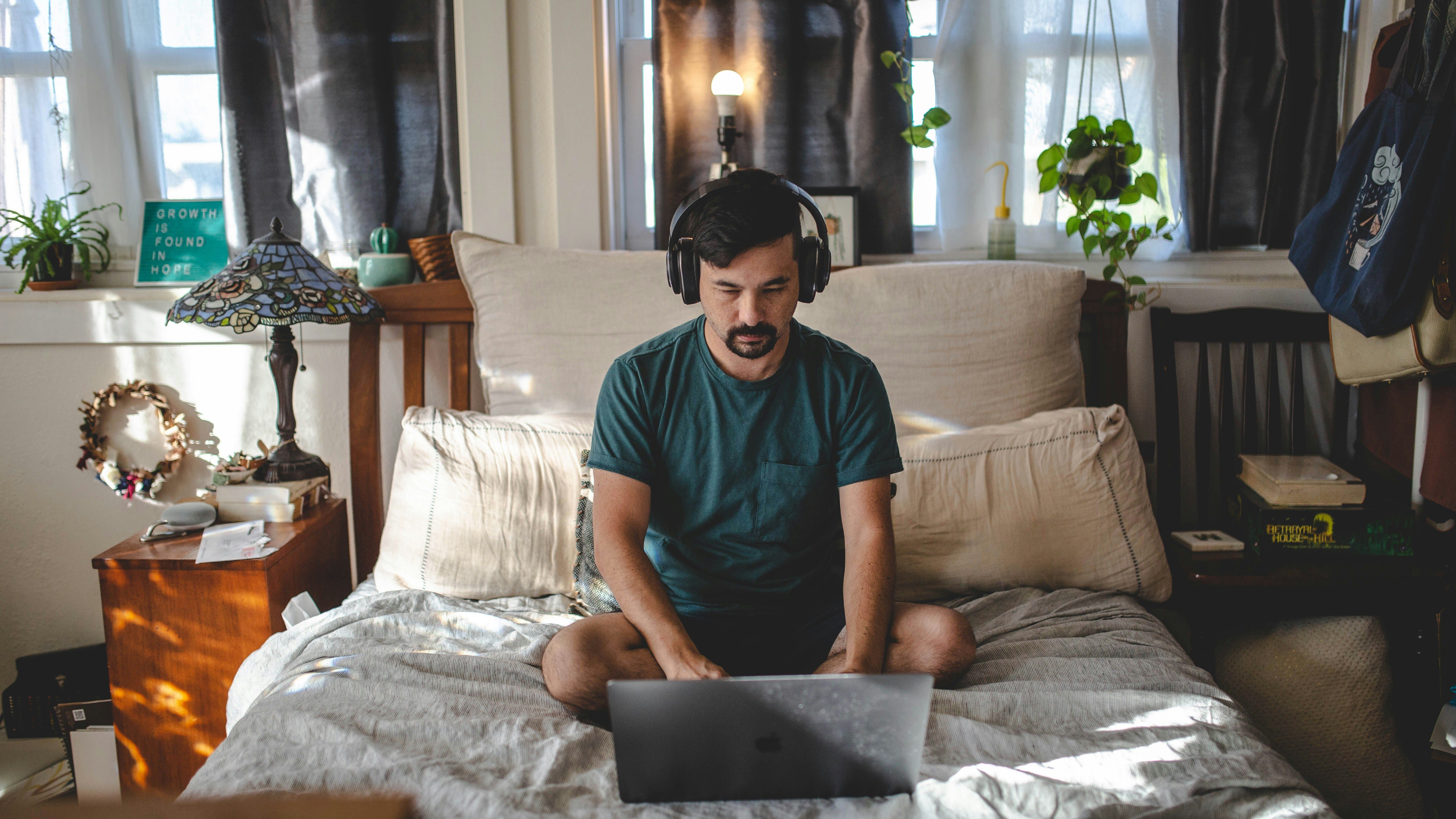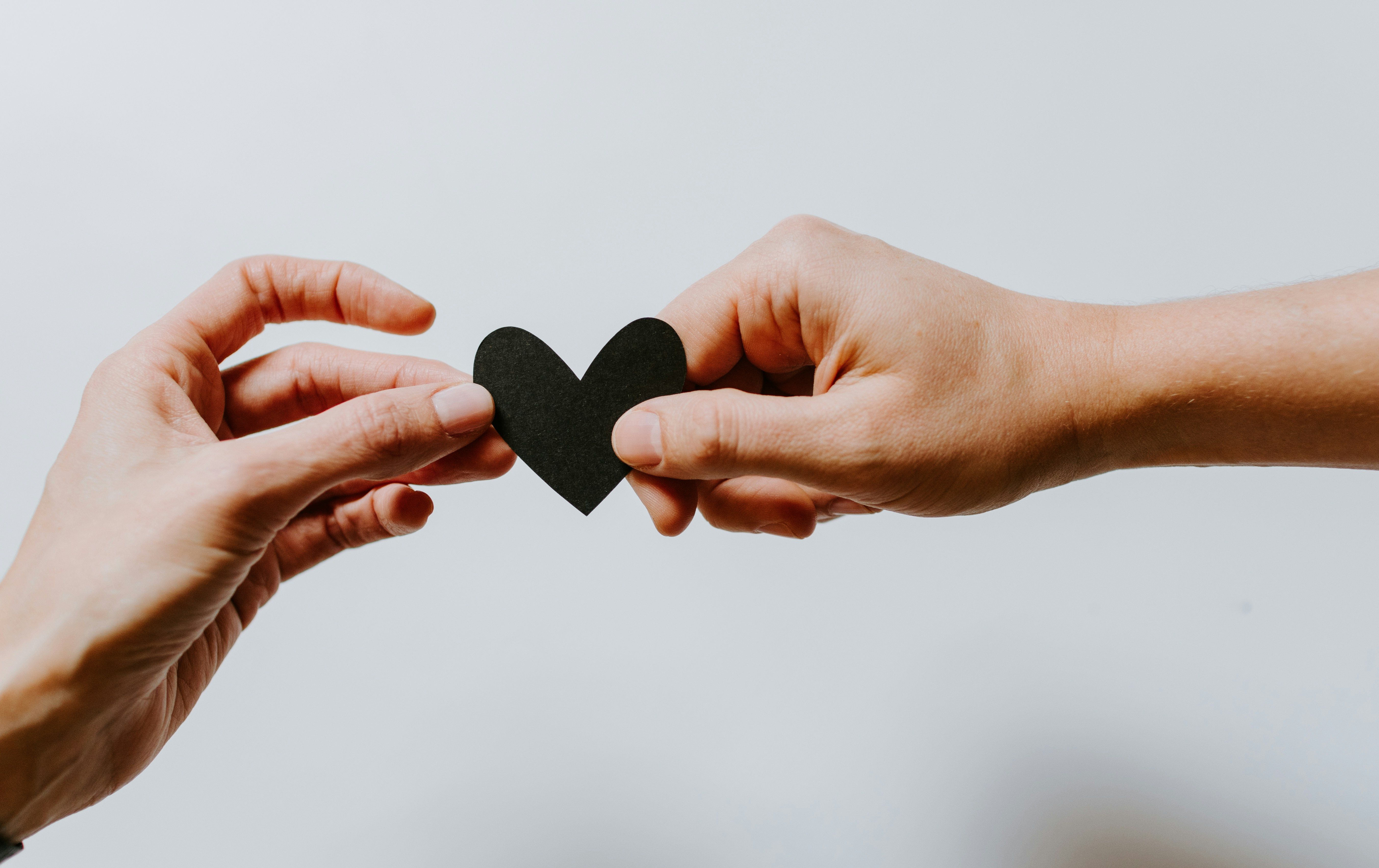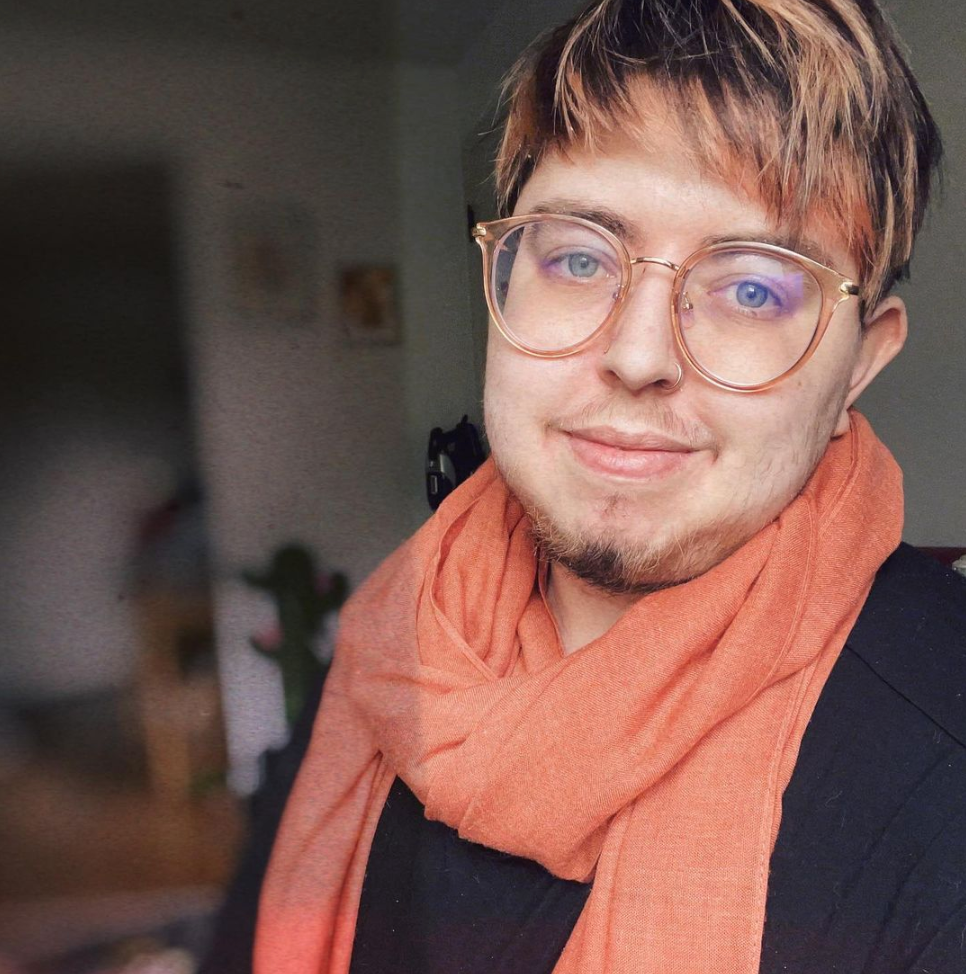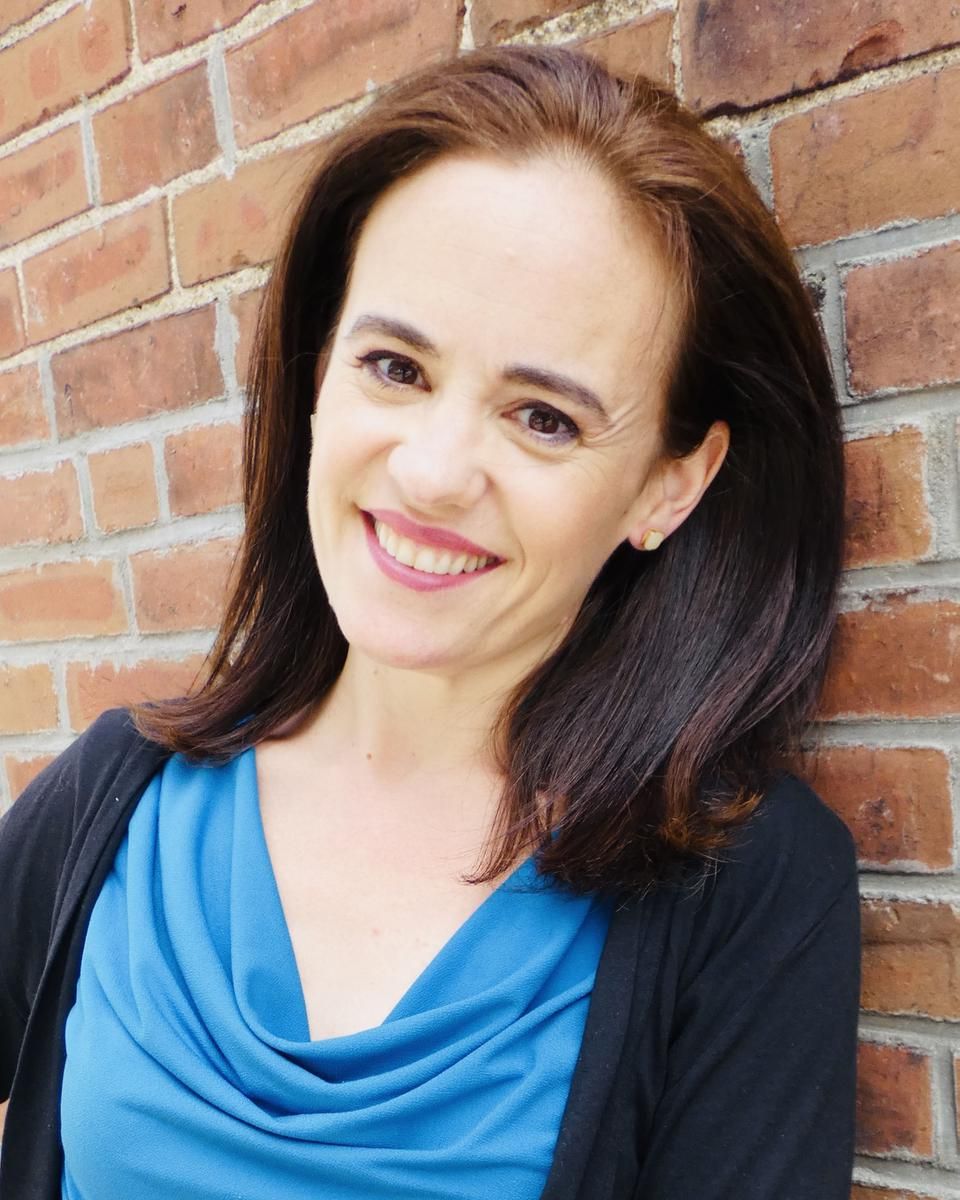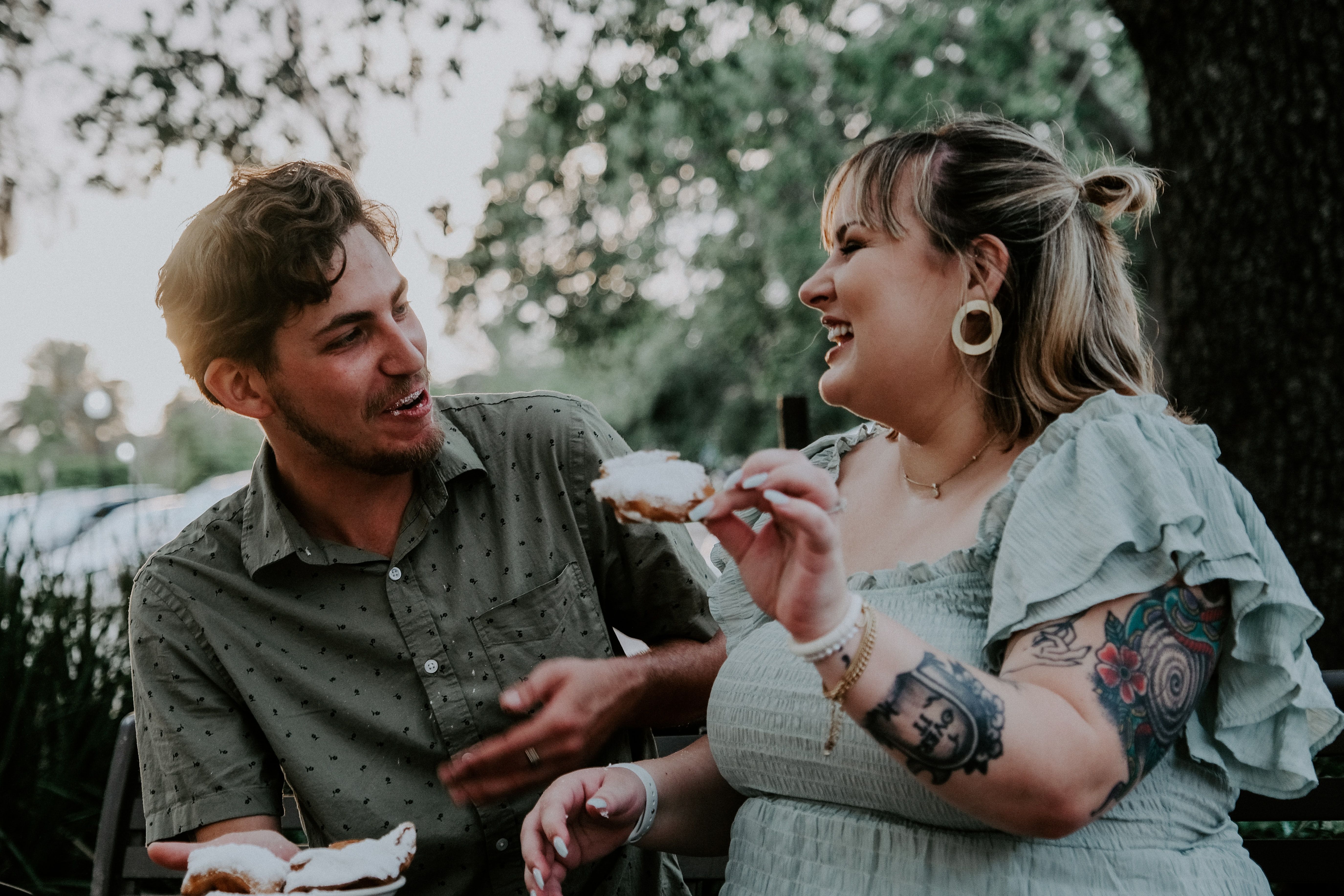
Coffee Isn’t Breakfast, And 5 Other Lessons From Eating Disorder Recovery
My life was falling apart, but all I could think about was how many miles I’d managed to walk that day.
I remember when I thought that veganism was The Answer. Then it was Pilates, self-help books, and passion planners.
I imagined that buried deep inside of me was a healthier self — a perfect self, even — that could wake up at 5 AM, meditate, work out, throw back a green smoothie, kill it at my job, keep my apartment immaculate, cook meals (no takeout for me!), and still somehow have time to write a book, maintain some hobbies, and stay connected with my friends.
In truth, it feels like I’ve spent most of my life longing and working to become something that I’m not.
And in a culture that is equally obsessed with selling us the so-called “best version” of ourselves — whether it’s the perfect body, perfect home, or perfect routine — it probably comes as no surprise that the yellow brick road of self-improvement did not lead me to the magical land of Oz, all wishes fulfilled.
Instead, my Emerald City was an eating disorder treatment center, where I had to reassemble the pieces of my life. Veganism and Pilates were not, in fact, the answers. They were one attempt among many to become perfect and good in all the ways I felt I wasn’t.
Since being diagnosed with anorexia in 2019, it’s been a battle to reclaim my life from fear, control, and rigidity.
It’s taken time to let go of this “perfect self” that I thought I could contort myself into. I can’t say that I’m on the other side of this, but I continue to learn (and relearn) the lessons needed to carry me through.
These are six of those lessons.
1. Coffee isn’t breakfast.
When I was deep in my eating disorder, skipping meals felt normal to me.
This isn’t exactly surprising, because culturally, it’s one of the disordered behaviors that we see most normalized — especially when we’re talking about breakfast. About 15% of adults skip breakfast, despite breakfast being linked to key nutrients.
But this comes up with other meals, too. I’ve watched coworkers work through lunches, for example, and friends skip out on dinner plans because they “had a big lunch.”
This made my own eating disorder difficult to spot, because I felt like my avoidance of food was logical. I could always invent a reason why I wasn’t eating. (I failed to notice, however, that this eventually snowballed into barely eating at all.)
When my dietitian told me I’d be eating three meals a day with snacks in-between — and that this was actually a normal amount of food to eat — I was in shock. It was so easy to lose sight of what normative eating was like, because so many of us aren’t engaged in it.
So no, coffee isn’t breakfast, and skipping meals — especially if you skip them often — isn’t normal. You don’t need to skip meals to justify eating more later, either, which is a disordered pattern that many of us fall into.
Put another way: A culture that encourages us to neglect our bodies and ignore our hunger is not a culture engaged in “wellness.”
2. You are not an island.
Going to eating disorder treatment was the biggest trust fall of my life.
I wasn’t convinced that I needed help at first (hello, denial!). But I also knew that the people around me felt differently than I did. I listened carefully as they described what was at stake, the pain they witnessed, the severity of the situation.
And instead of doubling down, I softened. I chose to trust the people around me, and I went to treatment, despite everything in me screaming not to.
Recovery isn’t easy. It required friends sitting at the dinner table with me, patiently supporting me as I tried to eat again. It required late night phone calls, when I doubted the process and wanted — no, needed — to go back to my anorexia. It required a team of unbreakable clinicians and persistent supporters who refused to compromise with my eating disorder.
It also required a lot of therapy, to untangle all of the perfectionism and need for control that had driven me to my eating disorder in the first place.
This experience has been one of the most powerful reminders that none of us is an island. We’re not meant to do this alone — and that’s okay. Sometimes we have to lean on the people around us, and trust them to direct us when we can’t see clearly for ourselves.
Think you may be struggling with disordered eating? You aren’t alone.
Browse Alma’s free directory to find a clinician, or call 1-800-931-2237 to reach the National Eating Disorders Association helpline.
3. Thinness is not a health or happiness guarantee.
At my thinnest, I wasn’t healthy — and I certainly wasn’t happy.
My cholesterol was high (from restricting my food), my blood pressure was high (due to severe dehydration), and my heart rate skyrocketed whenever I stood up (known as standing tachycardia). I was severely anemic; a newborn baby would’ve had three times more iron in its body than I did in mine.
But I had an excuse for everything. I wasn’t fainting every day, I was just taking “sudden naps.” I was lightheaded every time I stood up because I was getting up too fast. I was fatigued because I didn’t go to bed early enough. The hair loss was just “stress.”
Not long after, I was plagued with deep depression, mood swings, and suicidality. I couldn’t think clearly, which led to poorer and poorer performance at my job. I was too depleted to maintain relationships, so I began isolating myself.
My life was falling apart, but all I could think about was how many miles I’d managed to walk that day.
Culturally, we present thinness as the pinnacle of well-being. We applaud restraint in eating; we celebrate weight loss regardless of what has caused it. Many people surrounding me, including doctors and nurses, were happy with my “results,” asking me what my “secret” was. Nevermind that this “secret” was a deadly eating disorder.
One in five people with anorexia will die by suicide. More of us still will die due to medical complications from this illness. And having been diagnosed in my twenties, my death risk overall is 18 times higher than my healthy peers.
All of this time, I was convinced I was doing something for my health. But these statistics forced me to confront a more complicated truth: dieting hadn’t, in fact, made me healthier or happier.
It had twisted into something out of my control, and it took my health and happiness with it.
4. Living in fear of food is not truly living.
I don’t want to spend the rest of my life in fear of food.
I don’t want to celebrate another birthday in fear of cake. I don’t want to avoid my favorite takeout after a long day of work, or ditch the latte I drink when I catch up with an old friend, or skip the fancy Italian restaurant downtown (with the patio lit up by string lights) that my partner wants to take me to.
Living in fear of food means that you’re living in fear of life — because food, in so many ways, is life.
Not just because food is what sustains us (it is), but because food is an experience, and we deserve to have good, rich, even delightful experiences. Food is culture and food is connection, but it’s easy to lose sight of this because we’re taught to fear food.
We’re told that gaining weight is the worst thing that can happen to us. We’re told that anything that tastes good is probably “bad.” I became so afraid of eating the “wrong” foods — and so fearful of what might happen if I didn’t restrain myself — that I deprived myself of a full life in the process.
And I’ve decided that I’m not going to live that way anymore.
5. You are not a self-improvement project.
The desire to be my “best self” has ruled over much of my life. I used to view everything I did as an opportunity for self-improvement; I wanted to be the best child, best friend, best employee, best partner.
It took almost dying from an eating disorder to see more clearly that my desire to improve was flawed.
I positioned myself as a problem that needed to be fixed, which made it all too easy to pick myself apart. There is no healthy self-esteem when you view yourself as a project instead of a person. There is no future happiness, because you’re never satisfied with the progress you’ve made, no matter how exceptional it may be.
6. Self-acceptance is a never-ending process.
My ADHD brain — prone to chaos and random fits of productivity — is not built for the 5 AM, Michelle Obama type of life that I once prized.
I may never unlock the perfect morning routine, and some days, I’m going to eat mozzarella sticks for dinner just because it sounds good. My body may never be thin again and my apartment might always be messy.
The highlights reel of my life may not be #AestheticGoals; I have retired from the Pilates studio and I will probably never have another green smoothie as long as I live (why did I ever think spinach was for drinking?).
Perfectionism can be hard to surrender, especially when you’ve dedicated so much of your life to trying to achieve it.
I don’t believe we’re meant to live in a state of relentless self-optimization. I believe our work here is deeper and more difficult: self-acceptance. To tend to the hurt parts of ourselves that were told (somewhere along the way) that they weren’t good enough; to remind ourselves each day that who we are is actually enough, and not in need of “fixing” or correcting.
In a world that pressures us to do and be more, it is an extraordinary thing to slow down and reacquaint ourselves with what makes us feel whole. Not to be the best, or to become better, but instead to embrace where (and who) we are right now.
It isn’t easy to meet ourselves where we are. I will probably spend a lifetime meeting myself again and again, learning to like — maybe even love — what I see.
Jan 10, 2023

Looking for a therapist?
Get tips on finding a therapist who gets you.
By submitting this form, you are agreeing to Alma's privacy policy.
